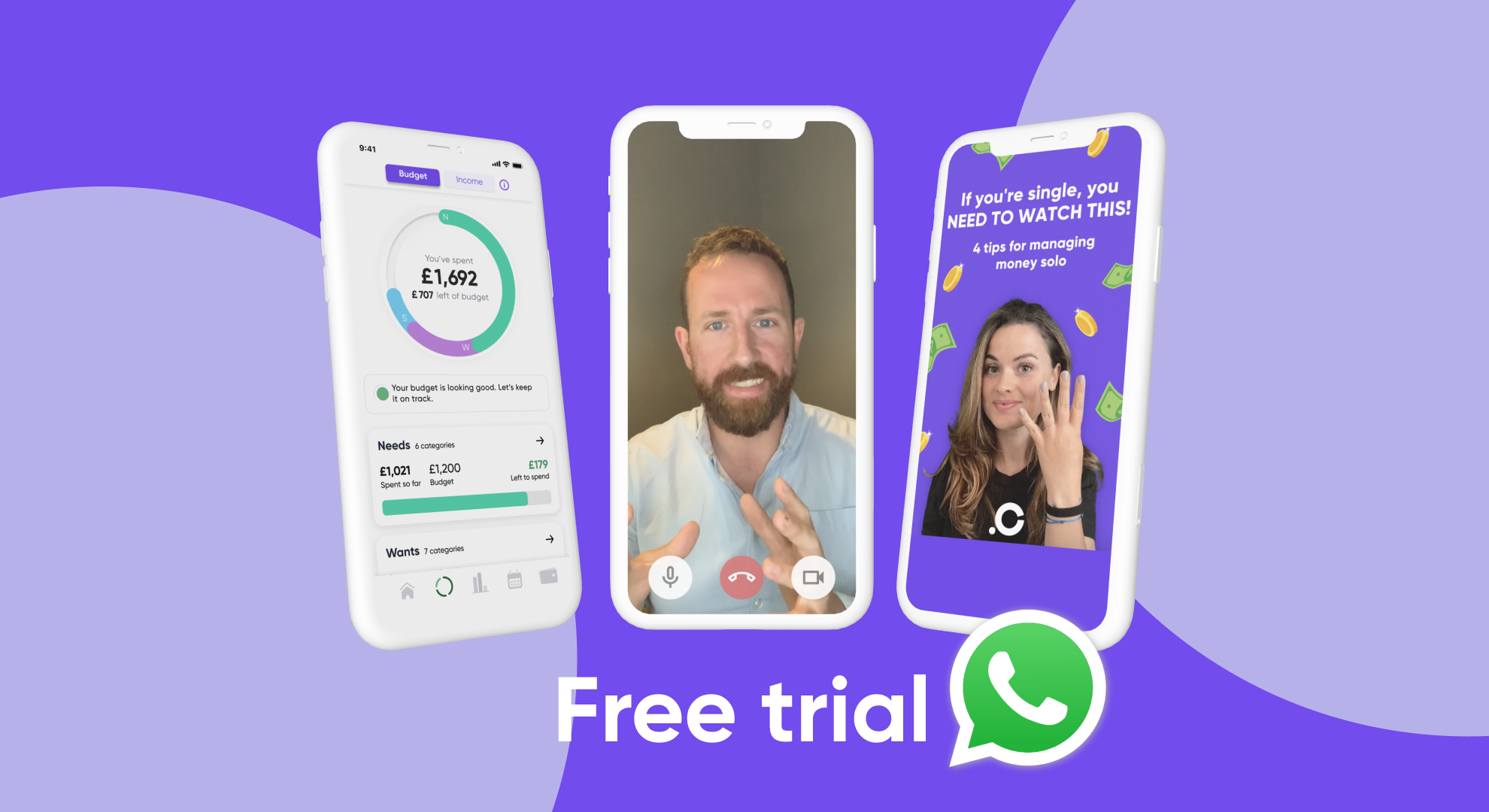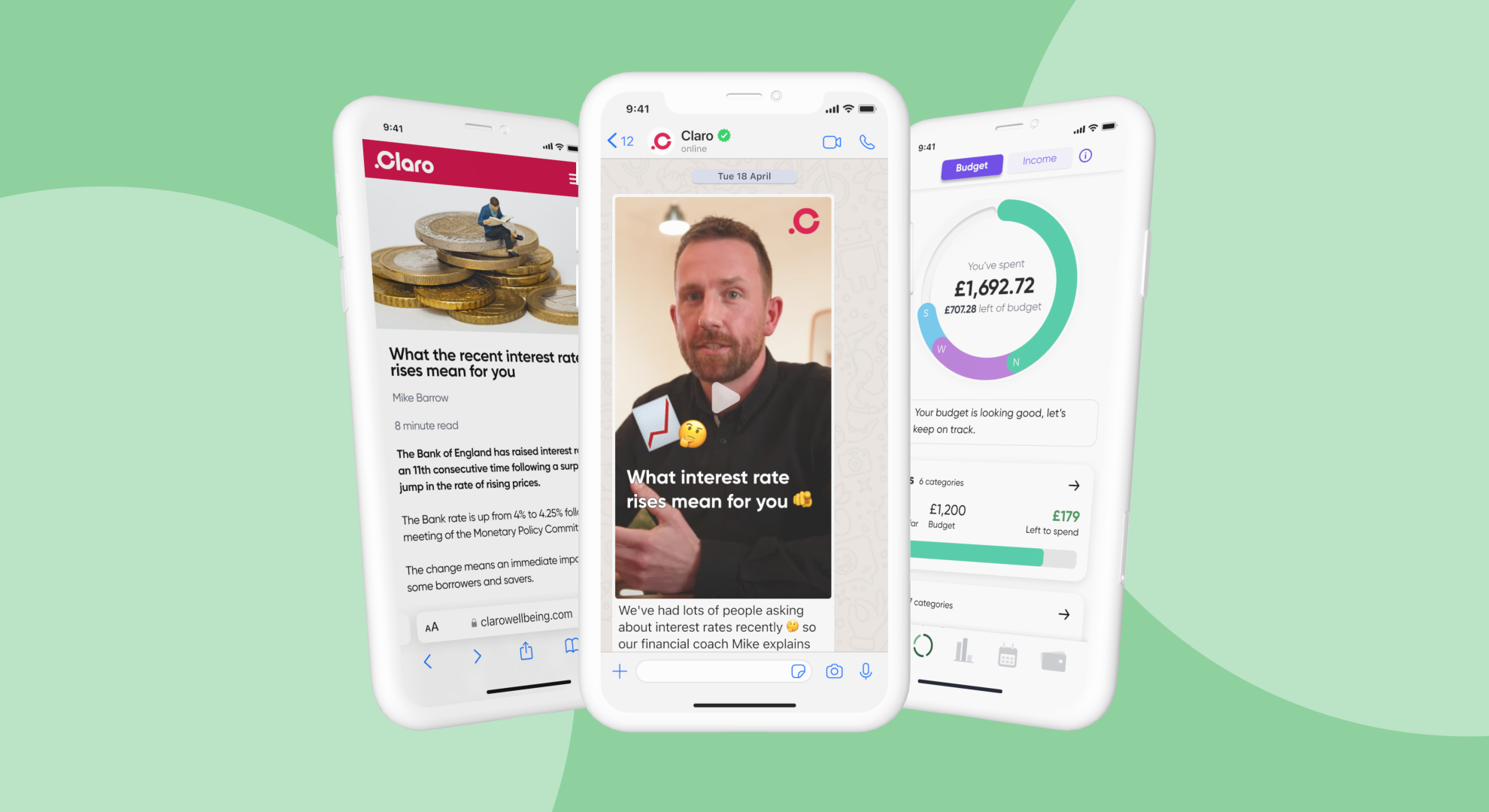6 min read
Should employers acknowledge Blue Monday?
Blue Monday (15 January) has a mixed reputation. But there’s still value in using the day to raise awareness of mental health and wellbeing...

Paying for protection insurance can provide a vital safety net if you find yourself unable to work, whether you’ve fallen ill or lost your job. While hopefully you won’t need it, it’s always best to be prepared. You don’t want to be left out of pocket. Find out which protection policies are available and the compensation you can get.
Accident, sickness and unemployment (ASU) protection is a form of income protection. You’ll receive a tax-free proportion of your lost salary every month for one to two years if you can’t work.
You simply pay a premium each month in order to be covered if the unexpected happens.
It’s worth noting that ASU protection won’t cover you for:
*Due to coronavirus, unemployment cover is not currently available. Cover is still available for Accident and Sickness.
You might be used to PPI scam calls, but payment protection insurance is no joke. You’ll be covered for your monthly debt repayments on credit you’ve taken out (like loans, mortgages and credit cards) if you can’t work.
It will cover you if you fall ill, have an accident or are involuntarily made redundant.
Each PPI policy is designed to cover a single debt, so you may want to take out more than one. If you’re unable to work, your insurer will pay you for a set period of time (usually short term). You can use this money to make your repayments.
PPI is worth considering if you worry you might not be able to repay your debts if you don’t have a stable income.
If you lose your job or are unable to work through accident or sickness, mortgage payment protection insurance (MPPI) will cover your mortgage repayments until you get back on your feet.
It will usually cover you for a year or until you’re able to return to work – whichever is first.
There are different levels of cover for you to choose from:
The price you pay for it will depend on a number of things, such as your salary, the date you want the cover to start, the size of your mortgage repayments and the type of policy you choose.
The payout will usually cover just your mortgage costs, but you can always ask to increase this if you want to have enough money to cover extra things like bills.
You can apply for MPPI if you are employed, self-employed or a contract worker (just always watch for exclusions). If you’re successful, you’ll receive the payout in 30 to 180 days. Short-term policies only provide 12 months’ cover. In this case, see if you can use your savings to tide you over until you can start working again before resorting to MPPI.
PHI will protect a portion of your income – often 50% of your gross salary – if you fall ill or have an accident that means you’re unable to work.
Unlike mortgage payment protection insurance, which is a short-term policy, PHI could pay out until you reach retirement. So if you suffer from a serious disease such as cancer, it could give you greater financial security.
When it comes to protection insurance, you might have to pay a higher premium. This will depend on things like your age, health or if your job is considered riskier. For example, if you’re a scaffolder, you might be more likely to hurt yourself on the job than an office worker would be.
Check that the policy covers you for exactly what you need before you sign up. It’s also a good idea to check your employment contract first, to see if you’re already covered under the company’s sick pay arrangements.

6 min read
Blue Monday (15 January) has a mixed reputation. But there’s still value in using the day to raise awareness of mental health and wellbeing...

4 min read
Ever wished you had a money-whiz friend you could ask anything, as often as you like?

7 min read
Millions are being impacted by financial stress. Yet, until now, workers in frontline occupations have not been able to benefit from educational...